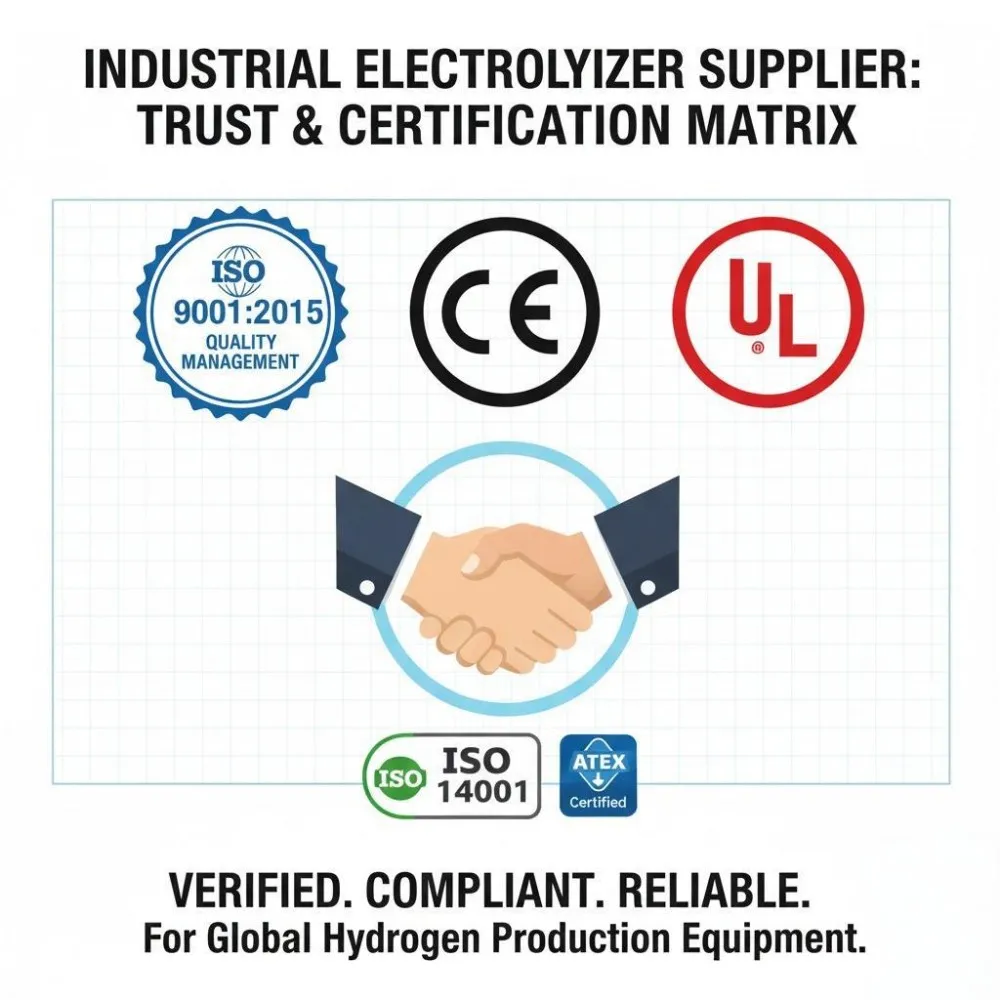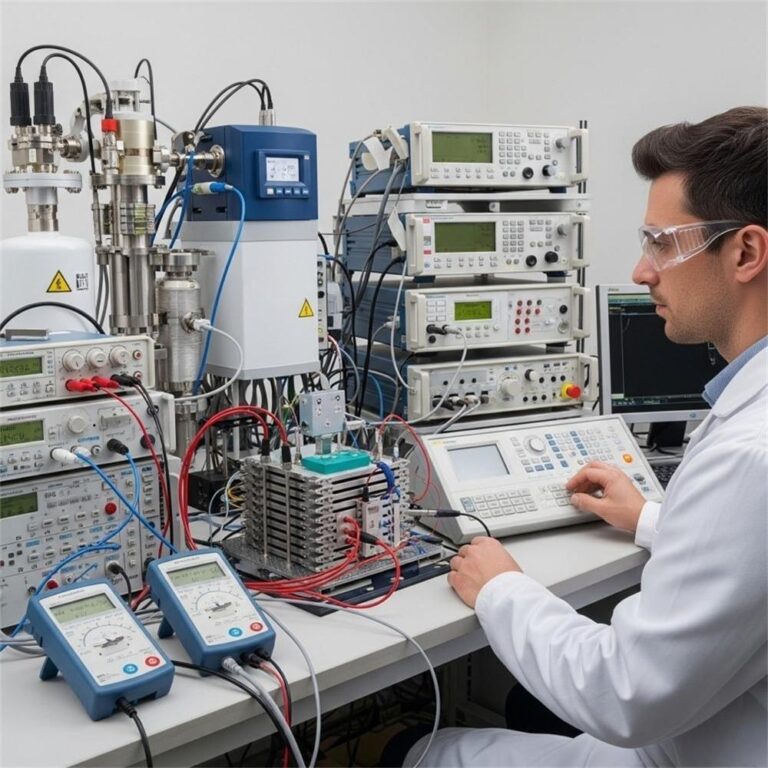Introduction: The Rise of On-Site Hydrogen and Oxygen Generation
With the global push toward greener technologies and efficient resource utilization, industries are increasingly turning to on-site hydrogen and oxygen generation. Traditionally, businesses relied on bulky and expensive bottled gas deliveries.
However, innovations in electrolysis and compact gas generation systems have made localized production both feasible and cost-effective.
One such innovation is the 3000ml/min hydrogen oxygen machine—a device that delivers dual-gas output with unmatched precision and efficiency. From industrial applications to medical and research settings, this technology is transforming how gases are generated and consumed.
Imagine reducing your dependency on third-party gas suppliers while increasing operational control. This machine is a game-changer for businesses requiring continuous, high-purity hydrogen and oxygen.

Understanding Hydrogen Oxygen Machines & Electrolysis
The Principle of Electrolysis
Electrolysis is the process of using electricity to split water (H₂O) into hydrogen (H₂) and oxygen (O₂). A typical system consists of:
- Electrolyzer Cell Stack
- Electrolyte Solution
- Power Supply
- Gas Separation Chamber
Types of Electrolysis Technologies
| Electrolysis Type | Key Features | Best For |
|---|---|---|
| PEM (Proton Exchange Membrane) | High purity, fast response, compact | Medical, laboratory, R&D |
| Alkaline | Lower cost, durable, proven technology | Industrial applications |
| Solid Oxide | High efficiency, high temperature | Advanced R&D (less common) |
PEM electrolysis is favored in 3000ml/min hydrogen oxygen machines for its high purity, compact design, and responsiveness.
Advantages Over Traditional Gas Supply
- No transportation or storage hassles
- Continuous gas availability
- Safer and more environmentally friendly
- Greater cost control over time
3000ml/min Hydrogen Oxygen Machine: Specifications and Features
Technical Specifications
| Specification | Details |
|---|---|
| Total Gas Output | 3000ml/min (typically 2:1 H₂:O₂ ratio) |
| Hydrogen Purity | ≥99.99% |
| Oxygen Purity | ≥99.5% |
| Power Requirement | AC 220V/110V, 50/60Hz, 800W–1200W |
| Dimensions | Approx. 45cm x 35cm x 60cm |
| Weight | ~25-35 kg (varies by model) |
| Material | Stainless steel or industrial-grade plastics |
Key Features
- Automated Control System: Monitors gas levels, temperature, and pressure.
- Modular Design: Scalable output based on demand.
- Safety Systems: Leak detection, pressure relief valves, overheat protection.
- User Interface: Touchscreen or digital display for ease of operation.
- Gas Separation Unit: Ensures clean, dry gases for precise applications.
These features make the hydrogen oxygen machine 3000ml/min ideal for continuous and automated operations.
Applications of Combined Hydrogen and Oxygen Production
Industrial Applications
- Welding and Cutting: High-temperature oxyhydrogen flames for metalworking.
- Metal Processing: Uniform heat treatment processes with minimal contamination.
- Semiconductor Manufacturing: Ultra-pure hydrogen needed for wafer fabrication.
Medical Applications
- Oxygen Therapy: On-demand, pure oxygen without cylinders.
- Biomedical Research: Controlled hydrogen use for experimental therapies.
Laboratory Applications
- Gas Chromatography: Hydrogen as carrier gas for high-resolution separation.
- Research: Custom gas mixtures for controlled experiments.
Energy Applications
- Fuel Cell Development: Reliable source of high-purity gases for testing.
- Small-Scale Hydrogen Stations: Ideal for demonstration units and pilot projects.
Environmental Applications
- Wastewater Treatment: Oxyhydrogen for advanced oxidation processes.
- Ozone Generation: Pure oxygen feed for disinfection systems.
Aerospace Applications
- Life Support Systems: On-site oxygen generation in closed environments.
- Rocket Fuel Research: Compact H₂/O₂ generators for experimental propulsion.
Each of these applications benefits from compact, scalable, and safe gas production tailored to modern demands.
Safety Considerations When Using Hydrogen Oxygen Machines
Hydrogen Safety
- Highly Flammable: Use in ventilated areas only.
- Leak Detection: Integrated sensors are crucial.
- Emergency Shutdown: Essential for high-risk environments.
Oxygen Safety
- Supports Combustion: Keep away from flammable materials.
- Material Compatibility: Avoid oils and greases that can ignite.
Best Practices
- Always follow manufacturer instructions.
- Schedule regular maintenance and inspections.
- Provide operator training and PPE.
Safety is central to the design of 3000ml/min machines, with multiple fail-safes built-in.
Maintenance Requirements for Optimal Performance
Routine Maintenance
- Check and top-up electrolyte levels.
- Replace filters regularly.
- Inspect seals and connections for wear.
- Clean the system as per schedule.
Troubleshooting Common Issues
| Issue | Likely Cause | Solution |
|---|---|---|
| Reduced Gas Output | Low electrolyte / dirty electrodes | Refill / clean |
| Pressure Drop | Leak in system | Check tubing & seals |
| Overheating | Blocked vents / high ambient temp | Improve cooling |
Preventative maintenance ensures reliable and long-lasting performance.
The Business Advantages of Investing in a 3000ml/min Hydrogen Oxygen Machine
Operational and Financial Benefits
- Lower Cost per Liter: Especially compared to bottled gas procurement.
- Autonomy: Reduces dependency on third-party suppliers.
- Efficiency: Zero waiting time, gas on demand.
- Sustainability: Lower carbon footprint and waste.
- ROI Potential: Quick payback period for high-usage environments.
This investment provides long-term savings and increased operational agility.
Case Studies & Success Stories
- Case 1: Welding Facility in Germany
- Cut gas costs by 35% within 6 months.
- Improved safety by removing bottled gas from shop floor.
- Case 2: Medical Lab in Korea
- Installed compact unit for oxygen therapy.
- Eliminated delivery delays and achieved 24/7 availability.
These examples demonstrate tangible, real-world benefits across sectors.
Conclusion: Embracing the Future of On-Site Gas Generation
In a world driven by efficiency and sustainability, the 3000ml/min hydrogen oxygen machine stands out as a future-proof solution. Whether you’re in manufacturing, healthcare, research, or aerospace, this technology offers precision, safety, and performance.
Take control of your gas supply. Reduce costs. Enhance safety. Improve efficiency.
📞 Contact us today for a free consultation and custom quote tailored to your needs.
FAQs
1. What is the advantage of a 3000ml/min hydrogen oxygen machine over bottled gas?
On-site generation reduces delivery costs, increases reliability, and enhances safety by eliminating gas cylinder handling.
2. What are the typical purity levels of hydrogen and oxygen produced?
Hydrogen purity can reach ≥99.99%, while oxygen is typically ≥99.5%, ideal for industrial and medical-grade applications.
3. Is the machine safe to use indoors?
Yes, with proper ventilation and adherence to safety protocols, these machines are designed for indoor use.
4. How often does the machine need maintenance?
Basic maintenance like electrolyte checks and filter replacements should be done monthly. Full servicing is usually bi-annual.
5. Can this system be scaled for higher output?
Yes, modular designs allow multiple units to be combined for higher output.
6. What industries benefit most from hydrogen oxygen machines?
Industries like welding, medical labs, semiconductor manufacturing, fuel cell research, and aerospace all benefit significantly.







